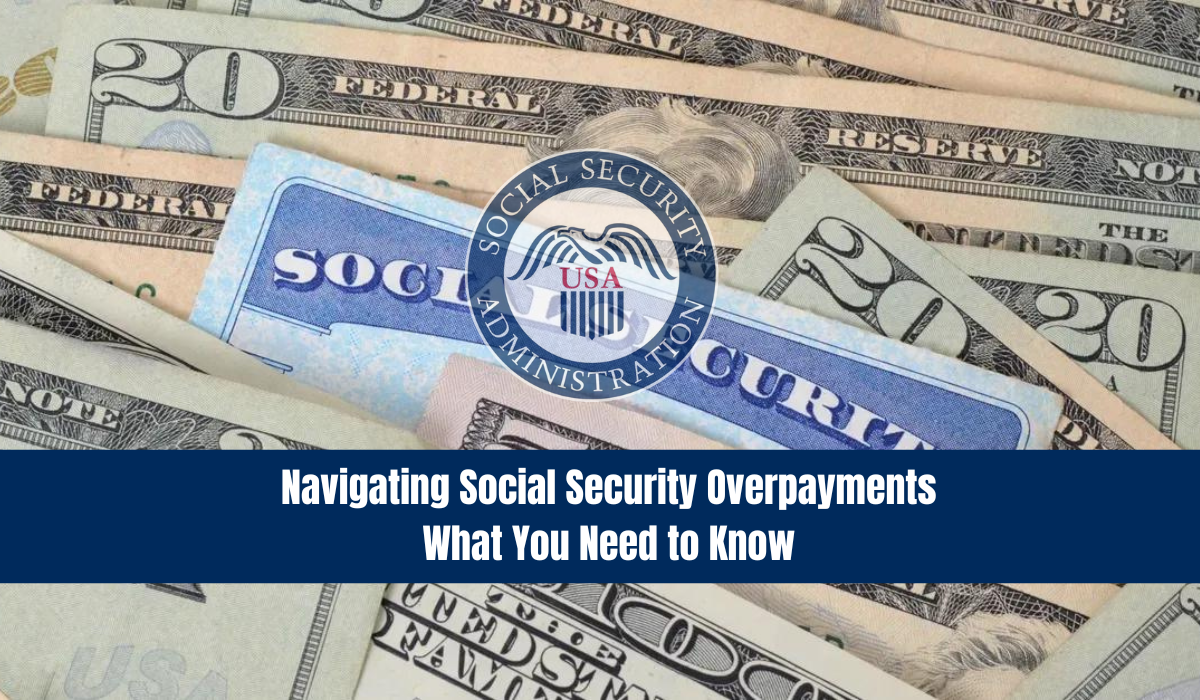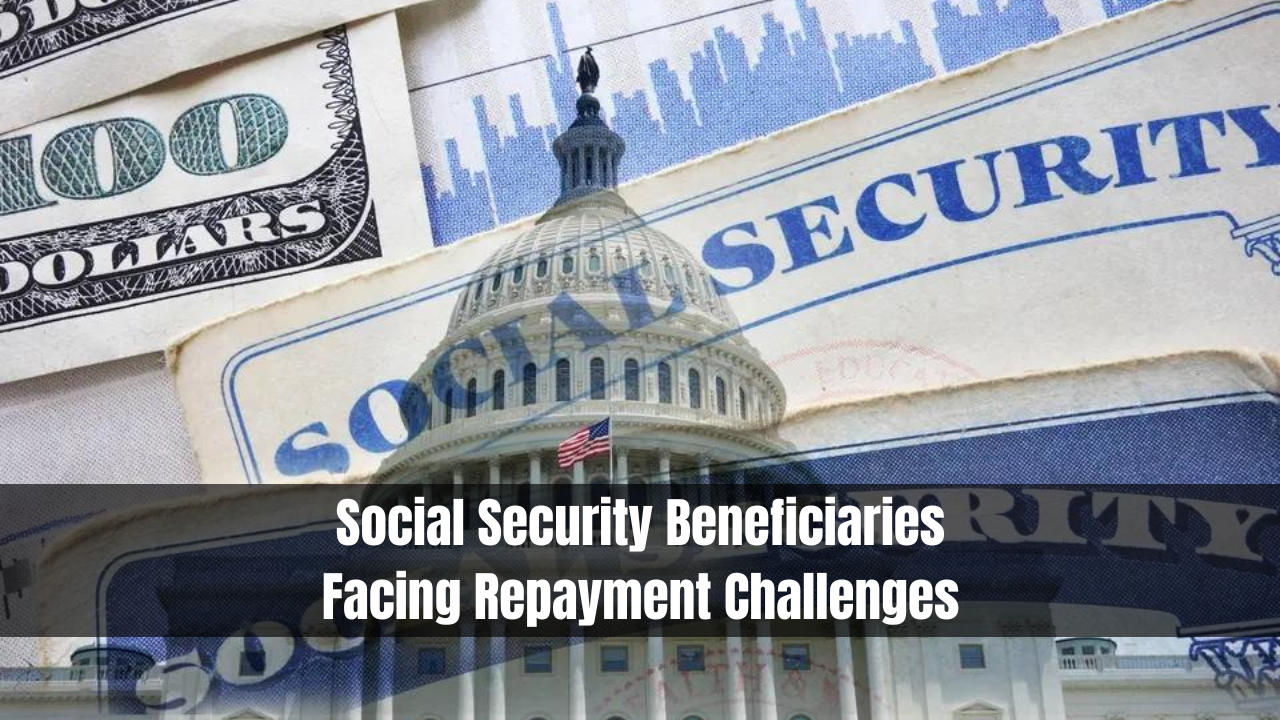Retirees Facing the Risk of Losing Their Social Security Checks. The Social Security payment system in the United States provides retirees with a predictable source of monthly income. However, the taxation of Social Security benefits varies from state to state, potentially putting retirees at risk of losing a significant portion of their monthly checks.
Read Also: Increased SNAP Benefits: More Money for Food Stamps Recipients
In this article, we will explore which states impose taxes on Social Security beneficiaries and the specific details regarding these taxes.
States with Social Security Taxes
Twelve states in the United States levy state taxes on Social Security beneficiaries. Regardless of whether federal taxes are applicable, residents in these states are obligated to pay state taxes on their retirement income. Let’s take a closer look at the states and their tax specifics, which retirees need to consider for their financial planning.
- Colorado: Residents aged 65 or younger with taxable benefits exceeding $20,000 are subject to state taxes. Any benefits under $20,000 are exempt from taxation.
- Connecticut: Individuals with annual income of $75,000 or more must pay approximately 6% in taxes on their Social Security benefits. The exact tax amount depends on their total income.
- Kansas: Beneficiaries earning more than $75,000 annually are required to allocate 5.7% of their Social Security checks towards state taxes.
- Minnesota: In Minnesota, the tax rate on Social Security benefits ranges from 6.8% to 9.85%, depending on the beneficiary’s monthly income exceeding a specific threshold.
- Missouri: For single beneficiaries exceeding $85,000 or joint beneficiaries surpassing $100,000 in annual income, a 5.4% tax applies to a portion of their Social Security benefits.
- Montana: Retirees with benefits exceeding $25,000 as individuals must pay 6.75% of 85% of their benefits in state taxes.
- Nebraska: All Social Security income is taxable in Nebraska, with the usual rate being around 4%, though it can reach a maximum of 6.84% based on the total annual income.
- New Mexico: Beneficiaries with benefits surpassing $100,000 face tax rates ranging from 4.9% to 5.9%.
- Rhode Island: Residents exceeding $95,800 in annual income are subject to state taxes ranging from 4.75% to 5.99%.
- Utah: A tax rate of 4.65% applies to annual Social Security payments of $45,000 or more in Utah.
- Vermont: Vermont residents with incomes over $50,000 must pay state taxes, ranging from a minimum of 3.35% to a maximum of 8.7%.
- West Virginia: Beneficiaries with annual benefits of $50,000 or more will face a 5.13% tax in the state of West Virginia.
Seeking Guidance
To determine whether or not state taxes will impact your Social Security benefits, it’s advisable to consult with a specialist or advisor who can assist with filing your Tax Return and ensure compliance with all the necessary tax obligations related to Social Security. Understanding the taxation rules in your state is crucial for retirees to manage their financial planning effectively and avoid unwelcome tax surprises in their retirement years.






